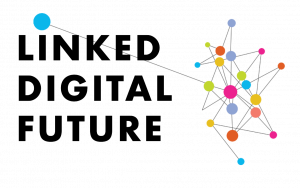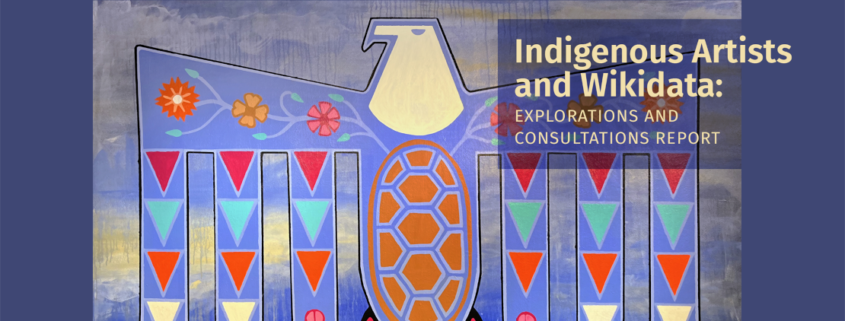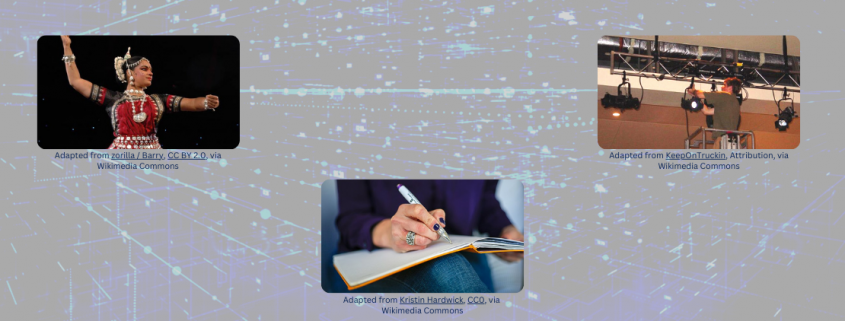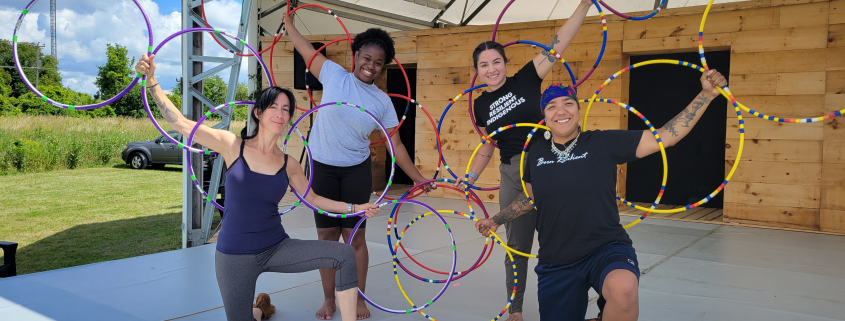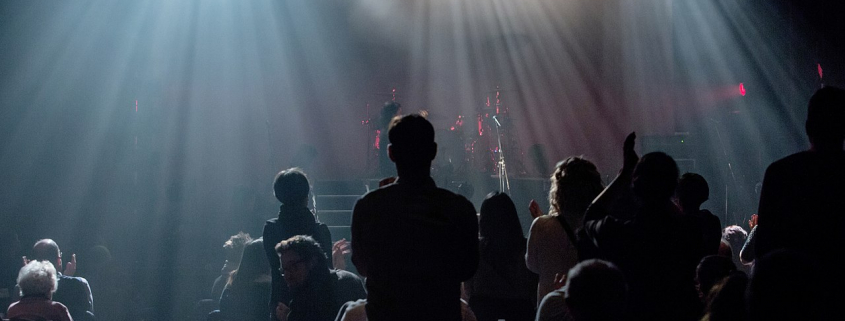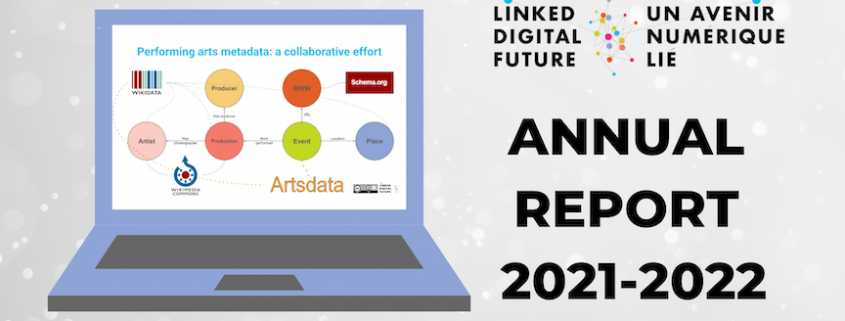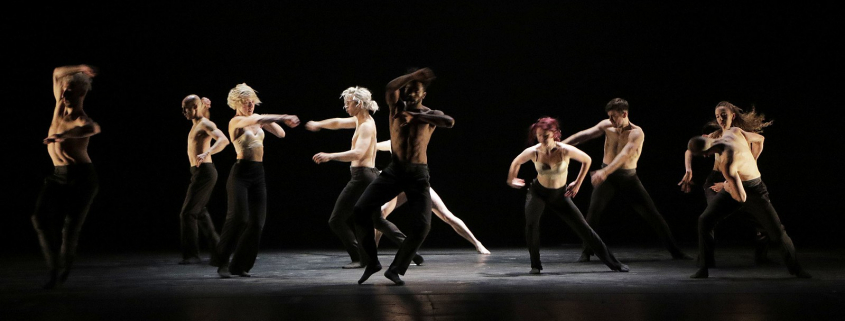Indigenous artists have historically been underrepresented or inaccurately represented in library catalogs and in knowledge sharing platforms such as Wikipedia. The latest report from the Linked Digital Future Initiative addresses this issue in relation to Wikidata, an open knowledge base that is part of the Wikimedia movement.
Read moreCurrently, much of the information about Canadian performing arts sector entities (including performers, directors, designers, choreographers, organizations, venues and events) is not properly formatted to be found, read and processed by search engines and other discovery technologies. As a result, it is too often ignored or underutilized.
The Linked Digital Future Initiative (LDFI) was created to make performing arts-related information findable and to help build better connections in our sector – between arts workers and audiences – in the digital age. One of the ways this has been achieved is by converting already publicly available information into reusable and accessible data in open databases, such as Wikidata and the Artsdata knowledge graph.
Although LDFI is leading this work, it will take many leaders in Canada’s performing arts sector contributing information to turn this vision into reality.
Read moreTwo years ago, the Indigenous Performing Arts Alliance (IPAA) and the Canadian Association for the Performing Arts (CAPACOA) set out to undertake an unusual project. Noting the scarcity of information about Indigenous artists in open databases, the two associations saw a gap that had to be filled.
Read moreCAPACOA is thrilled to announce that the LIVE Performing Arts Directory is now (in fact) live!
Read more2021-2022 was another great year for the Linked Digital Future Initiative.
In spite (or because) of the pandemic, we achieved significant progress in the production of open metadata about named entities in the last year. The number of artists in the Artsdata knowledge graph increased by 108%. The number of organizations, by 163%. And more data population activities are underway to increase the amount of data about places by at least as much. Moreover, we are finally looking forward to shifting the focus back to event metadata now that the sector is fully reopened after two years of running closures.
Metatada means “data about the data”. In the performing arts, metadata can provide useful descriptive information about artists, organizations, venues and performances.
Why is Wikimedia Commons a discoverability opportunity for the performing arts?
In a previous post pointing out the essential steps to a productive digital presence for the performing arts, we highlighted as a best practice the sharing of images in the Wikimedia Commons media library, a sister project of Wikipedia and Wikidata, under a free to use Creative Commons licence.
This practice deserves our attention because even if it may seem complex or disorienting, it is above all an extraordinary way to benefit from the positive bias of search engines.
We’ll be looking at Wikimedia Commons from three different angles.
Read moreOn November 18th, 2021, CAPACOA’s Director of Research and Development Frédéric Julien and Cultural Strategist, Bridget MacIntosh presented “Your Digital Presence, Let’s Improve it” as part of CAPACOA’s Àndji Màdjitàwin / Reboot / Relance Virtual Conference.
As we designed this presentation, we asked ourselves: “if a performing arts organization could only afford to take one or two steps to enhance their digital presence, what should they do?” We considered the most recent research and development, as well as tried-and-tested methods. We considered the different stakeholders of the performing arts ecosystem and we came up with a short list of calls to action for each one.
Read moreChoose a different language:
Categories
Contact Us
CAPACOA
17 York street, suite 200
Ottawa, Ontario
Canada K1N 5S7
Tel: 613-562-3515, ext. 3
Contact Form
Subscribe
Website design by OCTAGRAM.


All text on this website is licensed under a Creative Commons Attribution 4.0 International License.
